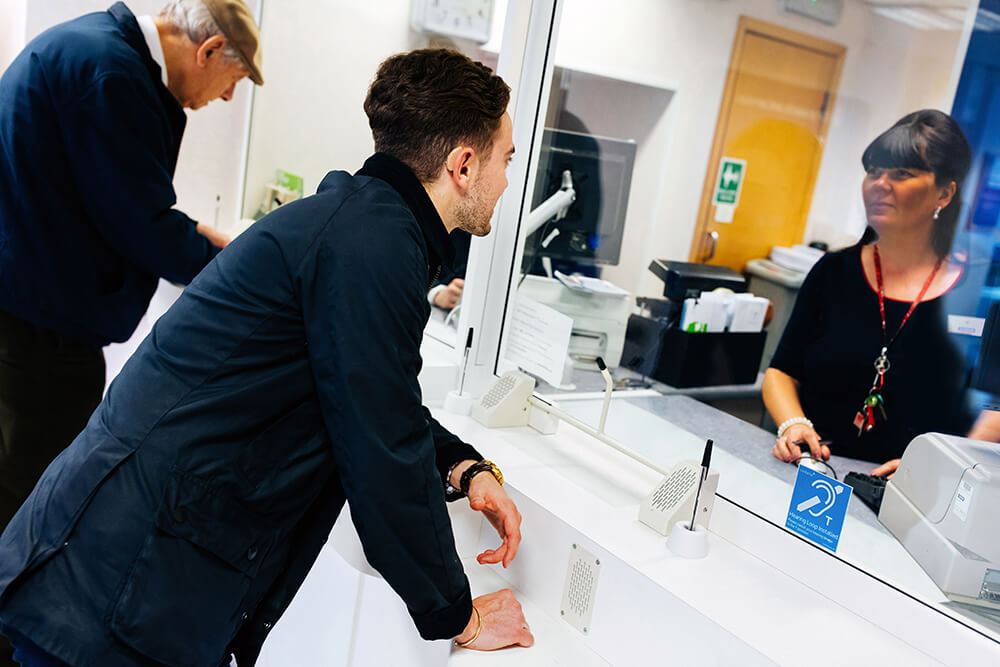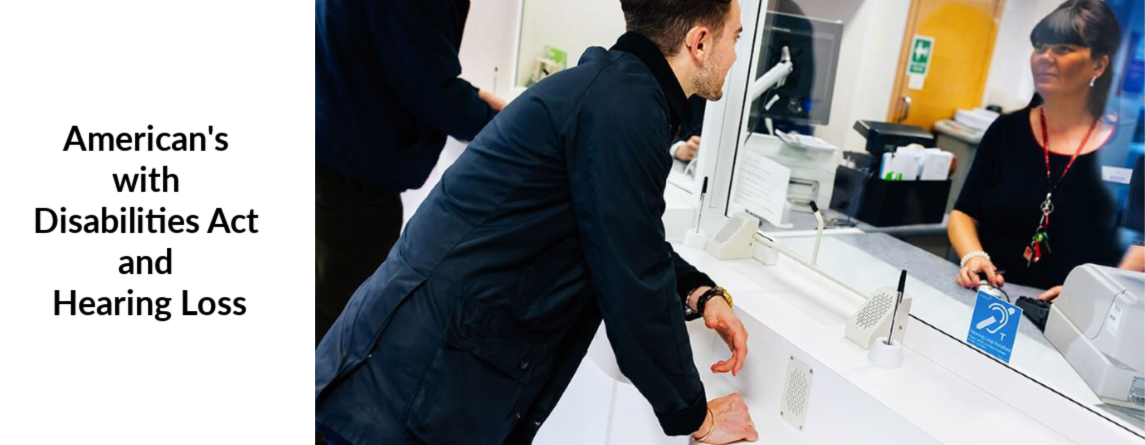
When you think about the ADA you may think of someone who needs access to a building via a ramp. Or maybe you might think of door paddles that automatically open a door for those who can’t, or would have difficulty doing so. A disability also includes sight or hearing difficulties.
The Americans with Disabilities Act (ADA) was signed into law on July 26, 1990, by President George H.W. Bush. The ADA is one of America’s most comprehensive pieces of civil rights legislation that prohibits discrimination and guarantees that people with disabilities have the same opportunities as everyone else to participate in the mainstream of American life — to enjoy employment opportunities, to purchase goods and services, and to participate in State and local government programs and services. Introduction to the ADA
Title II
Title II of the ADA prohibits disability discrimination by all public entities at the local level, (school district, municipal, city, or county) and at state level. These regulations cover access to all programs and services offered by the entity.
Just so you know: Public entities do not included churches but many churches do their best to comply with the ADA.
What does this mean to someone with hearing loss?
Communicating successfully is an essential part of doing business. When dealing with people who are deaf or hard of hearing, many business owners and employees are not sure what to do. The ADA requires businesses to take steps necessary to communicate effectively with customers with hearing disabilities.
It is a business’s responsibility to provide a sign language, oral interpreter, VRI, or Assistive Listening Device such as a hearing loop service unless doing so in a particular situation would result in a significant difficulty or expense. A business’s overall resources determine what constitutes an undue burden. If a specific communications method would be an undue burden, a business must provide an effective alternative if there is one.
Because the nature of communications differs from program to program, the rules allow for flexibility in determining effective communication solutions. The goal is to find a practical solution that fits the circumstances, taking into consideration the nature, length, and complexity of the communication as well as the person’s normal method(s) of communication.
What is required to communicate effectively when a person is registering for classes at a public university is very different from what is required to communicate effectively in a court proceeding.
Some simple solutions work in relatively simple and straightforward situations. For example:
If a person who is deaf is paying a parking ticket at the town clerk’s office and has a question, exchanging written notes may be effective.
Other solutions may be needed where the information being communicated is more extensive or complex. For example:
If a person who is deaf is attending a town council meeting, effective communication would likely require a sign language interpreter or real time captioning, depending upon whether the person’s primary language is sign language or English.
Public entities are required to give primary consideration to the type of auxiliary aid or service requested by the person with the disability. Meaning they should ask which services the disabled person normally uses in their communication and give that method priority. The entity (courthouse, library, movie theater) must honor that choice, unless they can demonstrate that another equally effective means of communication is available or that the aid or service requested would fundamentally alter the nature of the program, service, or activity or would result in undue financial and administrative burdens. If the choice expressed by the person with a disability would result in an undue burden or a fundamental alteration, the public entity still has an obligation to provide another aid or service that provides effective communication, if possible. The decision that a particular aid or service would result in an undue burden or fundamental alteration must be made by a high level official, no lower than a Department head, and must be accompanied by a written statement of the reasons for reaching that conclusion.
So what does all of this mean? You have the right to ask for assistance in public spaces if you live with hearing loss. In an ideal world there would be hearing loops in most public spaces and you’d only have to switch on your T-coil to hear clearly. But how to ask and what you might do if no accommodations are made? That is a subject for an upcoming post. Stay tuned.

